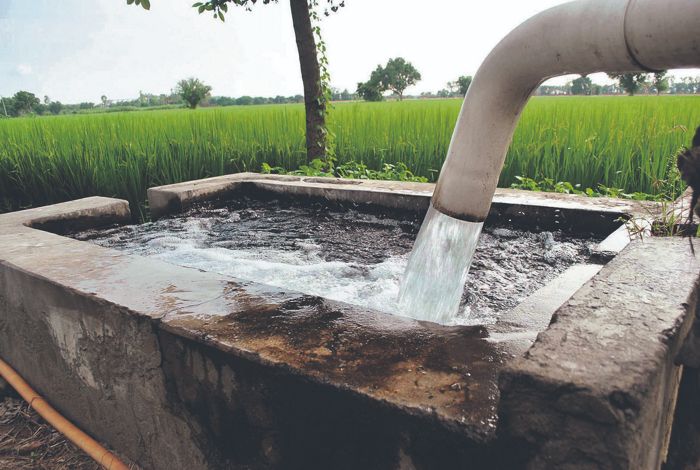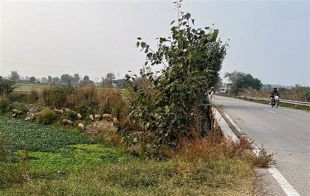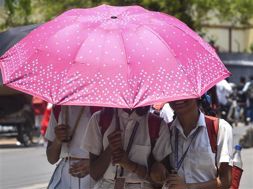
Photo for representation. File photo
Aksheev Thakur
New Delhi, December 4
As per the latest assessment of dynamic groundwater resources, the total annual groundwater recharge for the entire country is 449.08 billion cubic metre (bcm). The total natural discharge works out to be 41.89 bcm. The annual extractable groundwater resources for the entire country is 407.21 bcm.
However, a report by the Central Ground Water Assessment Board says that the extraction of groundwater is more than 100 per cent in several states and UTs, including Haryana, Punjab, Rajasthan, Dadra & Nagar Haveli and Daman & Diu. In Punjab, especially Sangrur and Malerkotla, the extraction of groundwater is 164 per cent more than the recharge.
In Tamil Nadu, UP, Karnataka and UTs of Delhi, Chandigarh, Lakshadweep and Puducherry, the ground water extraction is between 60-100 per cent. Punjab receives 534.4 mm of rainfall annually. As compared to 2022 estimates, the annual groundwater recharge in Punjab has decreased from 18.94 to 18.84 billion cubic metres. The report attributes the reduction in recharge to less rainfall, unlined canals, reduced recharge from ponds and tanks.
In Punjab, of the total 150 assessed blocks, 114 (76.47 per cent) have been categorised as ‘over-exploited’, three (1.96%) as ‘critical’, 13 (8.5%) as ‘semi-critical’ and 20 blocks (13.07%) as ‘safe’, the report says. “Similarly, of 50,175.27 sq km recharge worthy area of the state, 36,515.30 sq km (72.8 per cent) area is ‘over-exploited’, 1,192.98 sq km (2.38 per cent) ‘critical’, 4307.45 sq km (8.58 per cent) ‘semi-critical’ and 8159.54 sq km (16.26 per cent) ‘safe’,” the report states about Punjab.
In Haryana, the groundwater extraction is 135.74 per cent. “Of the total 143 assessment units (blocks/urban), 88 units (61.54 per cent) have been categorised as ‘overexploited’, 11 units (7.69 per cent) as ‘critical’, nine units (6.29 per cent) as ‘semi critical’ and 35 units (24.48 per cent) as ‘safe’ categories of assessment units,” it said. In Chandigarh, the total annual recharge, in comparison to 2022, has increased marginally from 0.05 bcm to 0.054 bcm, owing to increased rainfall recharge. The current groundwater extraction also decreased minutely from 0.04 bcm to 0.036 bcm.
Join Whatsapp Channel of The Tribune for latest updates.




























